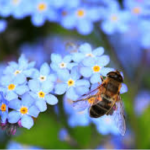By: Maryclaire Wright
Hi! My name is Maryclaire Wright and I am a senior at Bethesda Chevy Chase High School and intern at Bethesda Green. I’m involved with the Environmental Action club at school and want to continue trying to protect the environment in college. I hope to major in civil engineering to build sustainable infrastructure in cities with a minor in green engineering or environmental sciences. I pursued this internship to learn more about green initiatives in Montgomery County and what we can all do to help our community. This past year I’ve worked as part of a team that helped to draft a Climate Action Plan bill that the county will pass to lower carbon emissions by 80% by 2035. I was able to sit in on meetings and hear everyone speak about such an important issue and discuss the actual changes that will be made in the next few years. It was an incredible experience to be a part of and made me even more passionate about contributing to this effort.
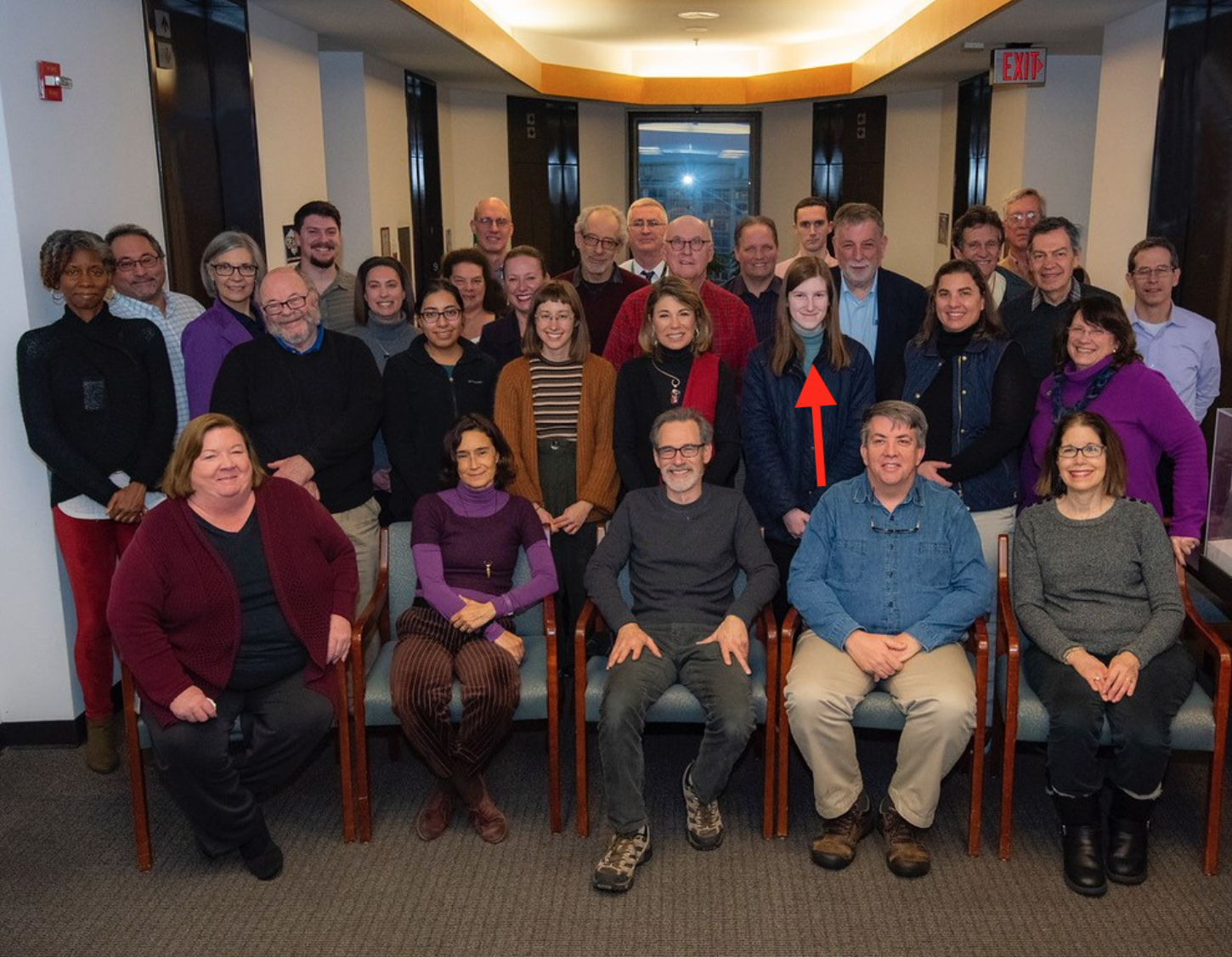
The draft bill mentioned huge infrastructure and institutional changes that would be made that would dramatically lower and restrict the carbon emissions produced by our county. It made me start to think about what everyday common citizens could do just to lower their impact on the environment. Sometimes it’s easy to feel like what little impact you have won’t matter because it seems like our actions pale in comparison to the impact of big industries and decisions of the national and county governments. And, in some ways that’s true, because according to ScienceAlert, about 100 companies are responsible for 71 percent of the world’s greenhouse gas emissions. But we definitely aren’t powerless. In a recent study done by the Journal of Industrial Ecology, it was found that consumers have the biggest impact on the planet. So I put together a list of 10 ways to lessen our impact on the environment. Hopefully, by reading this article, we can see that if we each change a few of our simple day to day behaviors and practices, we can make a huge positive impact.
1. Go Zero Waste
You’ve probably heard about the 3 R’s: Reduce, Reuse, Recycle. They’ve been plastered all over cities on bus stops and billboards, and on plenty of websites and commercials. But there are actually 5 that are equally important.
The 5 R’s of “zero waste”:
- Refuse- Try to avoid single use plastics and say “No” to the common plastic and paper products you encounter every day. Try to use more recyclables and reusables.
- Reduce- Buy less stuff! Be more mindful about what you REALLY need and try to lower the amount that you buy. According to a study done by the U.S. Department of Agriculture, Americans tend to waste about 30-40% of the food supply and according to the U.S. Environmental Protection Agency, the average American produces about 5 pounds of trash a day. That is a lot of waste in our landfills!
- Reuse- Try to fix and keep an item in great condition or find a way to upcycle it when it breaks or you no longer want it, so that you don’t throw it in the trash right away.
- Rot- Set up a Compost system for your scraps or find a food scrap drop off center near your house (like a farmers’ market).
- Recycle- Always try to properly recycle any plastic, metal, or glass that you cannot reuse.
If you follow these 5 rules, we can try to minimize the waste we produce.
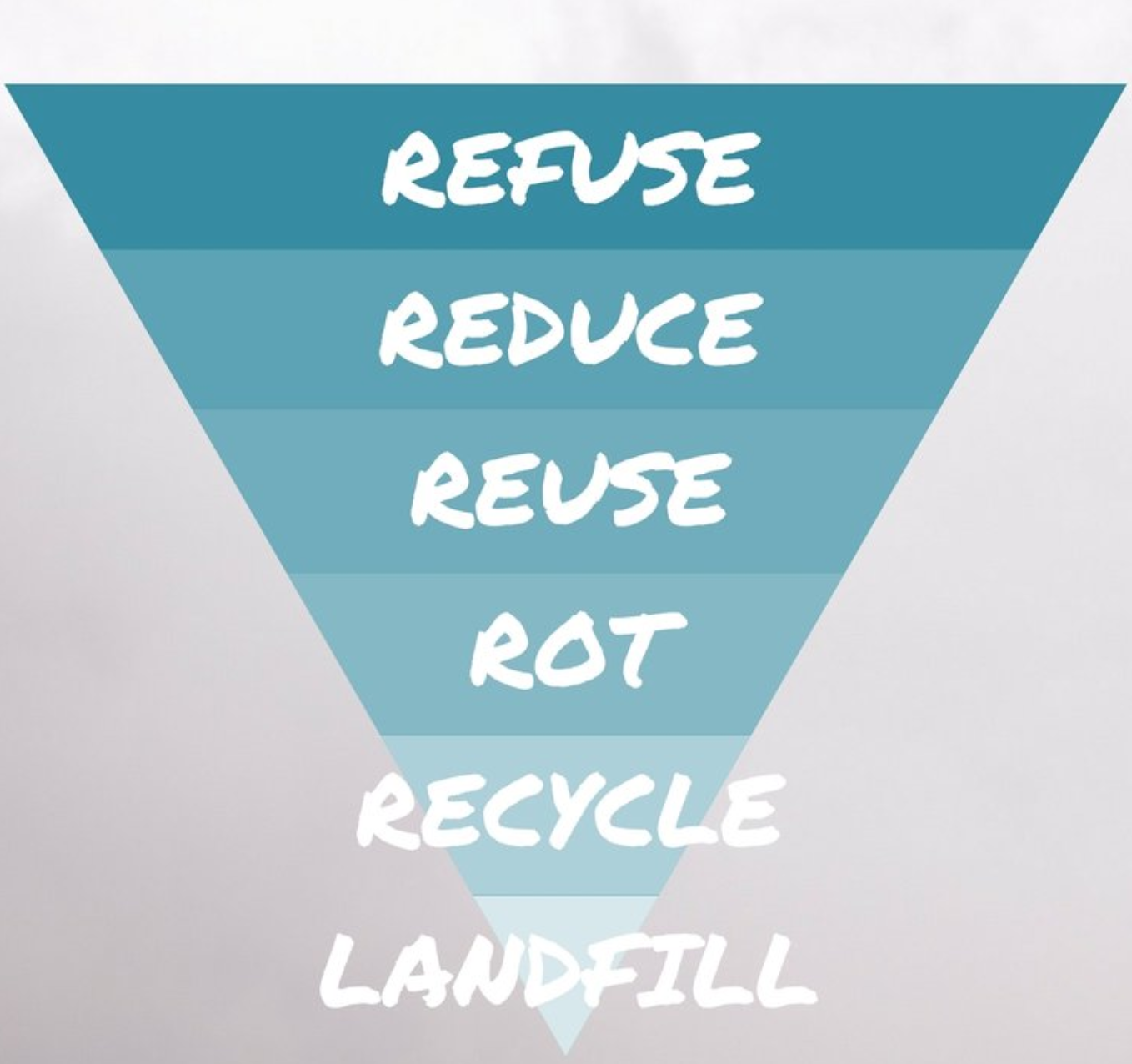
2. Avoid Plastic
Although recycling and reusing can reduce the amount of garbage that enters the landfill every year, only a few types of plastic can be recycled. The fraction that does get recycled still requires a lot of energy and water which just isn’t a good proposition when it comes to single-use items. It’s pretty much everywhere – on streets, in rivers, on the beach, in cosmetics, in wastewater, in our clothing, and even in the air we breathe. It will most likely end up in landfills and oceans and takes hundreds of years to degrade and we’re adding more and more every day. There’s a close connection between climate change and our massive global plastic problem, because every plastic is produced from fossil fuels and in every phase of its “life”, it emits greenhouse gases.
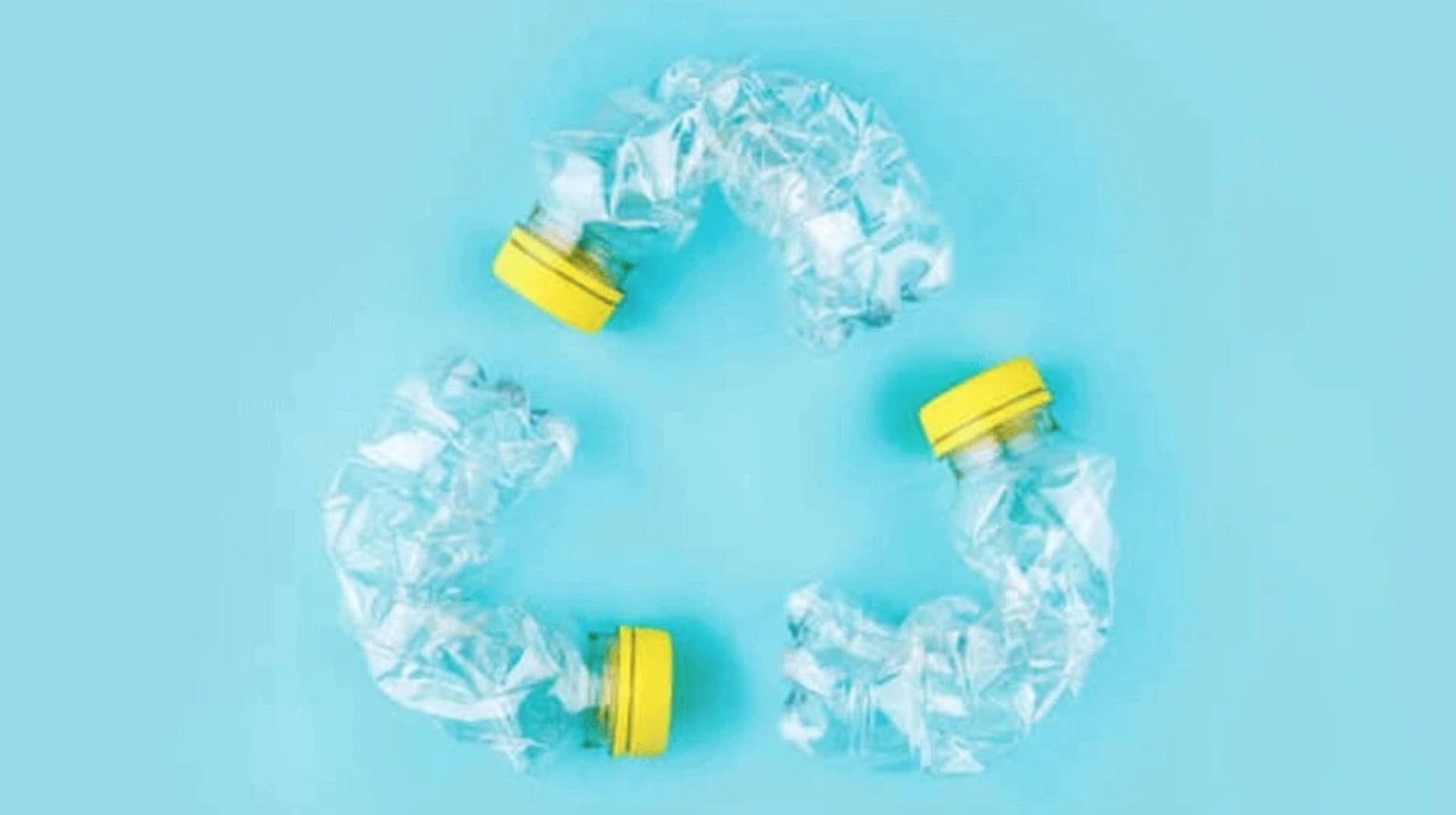
Here are a few ways to avoid plastic.
- Bring your own shopping bag
Although free to shoppers, grocery store plastic bags have a high environmental cost and are one of the most ubiquitous forms of garbage. Try to bring your own reusable bags every time you shop
- Stop buying bottled water
Use a reusable water bottle, they keep the water cold and last longer.
- Bring your own mug to the coffee shop
Most coffee shops try to sell their own mugs. Invest in one and come back for more coffee or tea with our own mug and thus help save the environment every time you do.
- Say no to straws
They are usually single-use and unnecessary. They land in the oceans and hurt our sea-life.
- Re-think your food storage
Instead of sandwich baggies, use a bento box or jars or glass containers, and a reusable lunch bag.
- Shop in bulk
For many households, the majority of plastic waste is generated in the kitchen. So one of the best ways to reduce the packaging waste madness is to bring your own bags and containers and stock up on bulk foods.
3. Upcycle Clothing
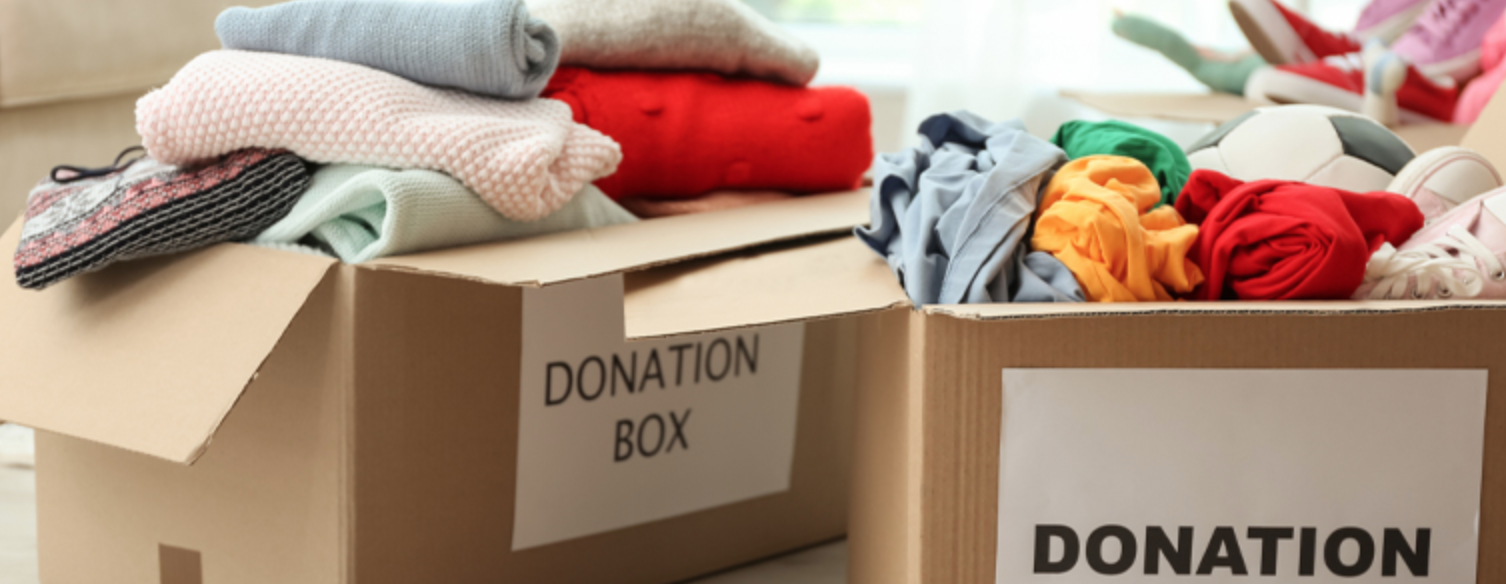
Have you ever heard of the term Fast Fashion? It is a term used to describe trendy clothing designs that move quickly from the catwalk to retail stores in order to meet new trends. It has a huge environmental impact because of its production and disposal. Creating new materials and clothing requires an immense amount of energy and resources and depends on toxic fabric dyes and other chemicals that contaminate freshwater. One study found that it produces almost a tenth of the global carbon emissions which is more than all international flights and water shipping. It also contributes to large amounts of textile waste because heaps and heaps of clothing end up in the landfill.
Instead of being sucked into the newest trends that you will end up throwing away in just a few months, try some alternatives to fast fashion. From thrift stores, to garage sales, to online peer-to-peer buying and selling apps, there are many places you can avoid the fast fashion industry. Always try to find a retailer who is transparent about what they are doing and where they get their materials from, where the labor is carried out and who by. There are even places around the Bethesda area that are safe to buy from such as Moco Thrift and Reddz Trading and many more. Even if you aren’t able to completely cut out fast fashion from the clothing that you buy, try to limit and reduce the amount that you purchase and always look at second hand stores before you go straight to the big name brands.
4. Change Lightbulbs
Energy-efficient light bulbs have higher initial costs, but these light bulbs can help save the environment and your money in the long run. A recent report by the International Energy Agency shows that efficient lighting systems (like LEDs and CFLs) could prevent a cumulative total of 16 billion tons of carbon from being added to the world’s atmosphere over the next 25 years.
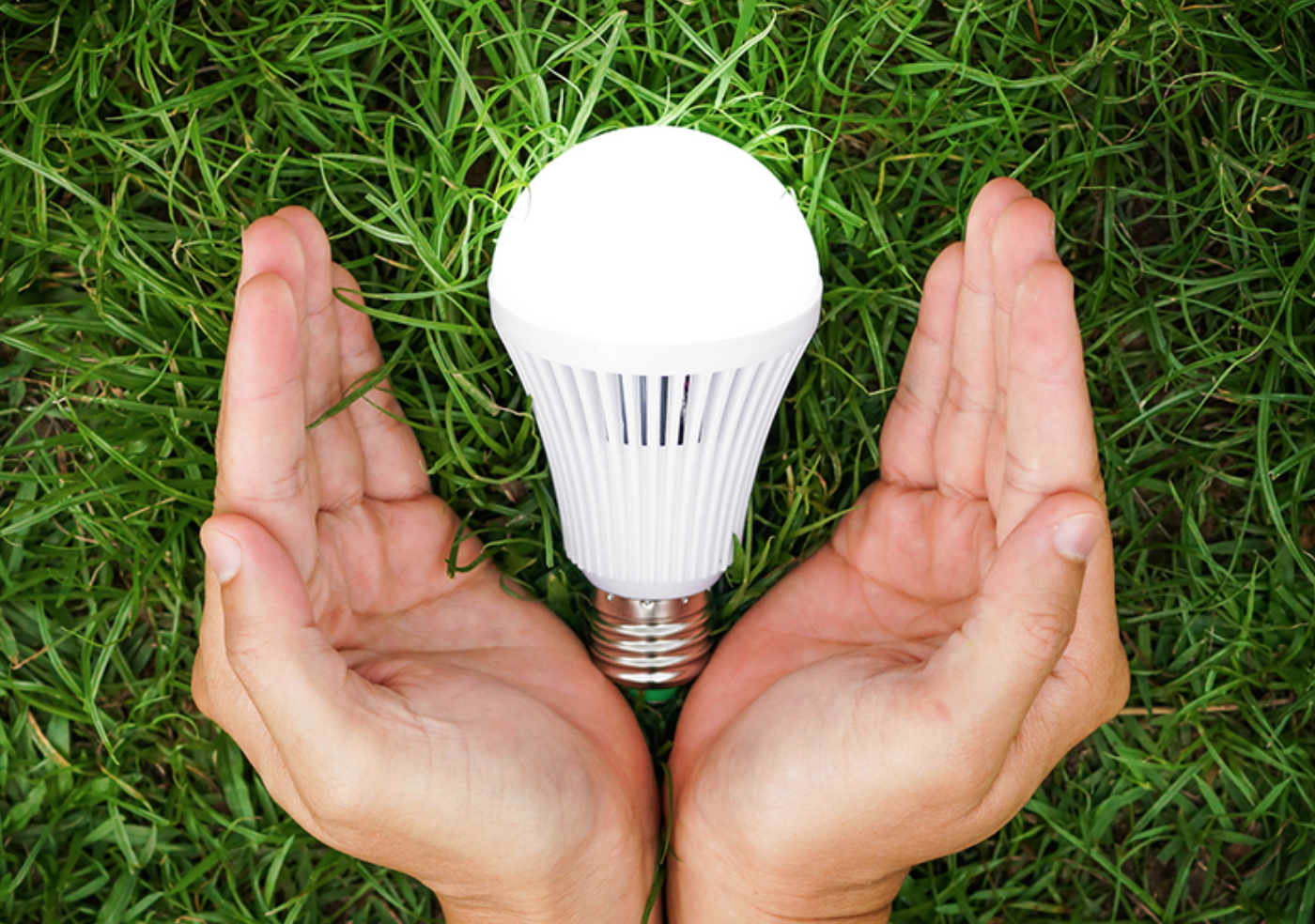
There are two types of lightbulbs that you should try to invest in:
- CFLs (Compact fluorescent light) have been around for a while, and they’re best known for their spiral design. They typically last for about 10,000 hours, and use much less energy than incandescents, about 75 percent less.
- LEDs (Light emitting diode) use even less energy than CFLs, and they last up to 50,000 hours. Unlike CFLs, they brighten instantly and can help you save up to 80 percent in energy costs per year.
Both options are great choices that are enormously energy efficient and will help limit greenhouse gas emissions.
5. Go Paperless
Going paperless reduces unsightly clutter in your home, and also saves trees and helps the environment. The average American receives 41 pounds of junk mail each year, and almost 50% of it winds up unopened in a landfill. Here are a few tips and strategies to go paperless:
- Opt out of Junk Mail Lists
It’s called Junk Mail for a reason. Reevaluate what comes in your mailbox and cancel any unnecessary mailing or catalog lists.
- Pay Bills Online
Many financial institutions offer online banking and there are many services that allow you to view and pay bills online. When you can pay all your bills digitally rather than with checks and envelopes, you get one step closer to being paperless.
- Switch to Online Subscriptions
Cancel subscriptions to reduce the paper coming into your home and save money. Reassess your newspaper subscription and magazine subscriptions, and try to find an option where you can access the same news or information online.
- Digitize Your Documents
Try to scan documents that you need to keep and store them electronically on a hard drive or storage service such as DropBox or Microsoft One Drive. No matter which option you choose, pick one and stick with it so that you can put all your digital documents in one place.
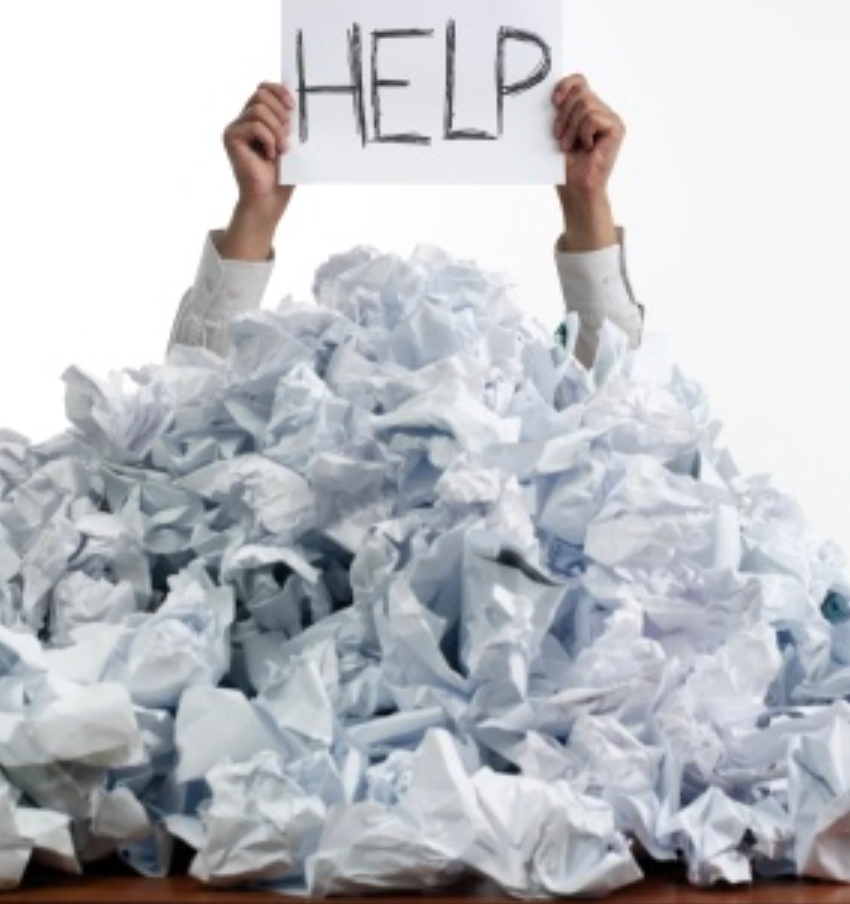
6. Turn Off Your Water
Did you know that only about 2.5% of all the water on Earth is freshwater and the rest is saline? Even then, just 1 percent of the freshwater is easily accessible, with the rest of it trapped in glaciers. We need to help conserve water.
Here are some easy ways you can reduce your water usage:
- When you brush your teeth, be sure to shut off the water while brushing. Don’t leave it running, and only turn it on when it’s time to rinse your mouth out.
- Take shorter showers. A fun way to do this is by listening to 3-4 songs, then shut the shower off when it’s over.
- Don’t flush things down the toilet to dispose of them. One flush can waste up to 5 or 7 gallons of water.
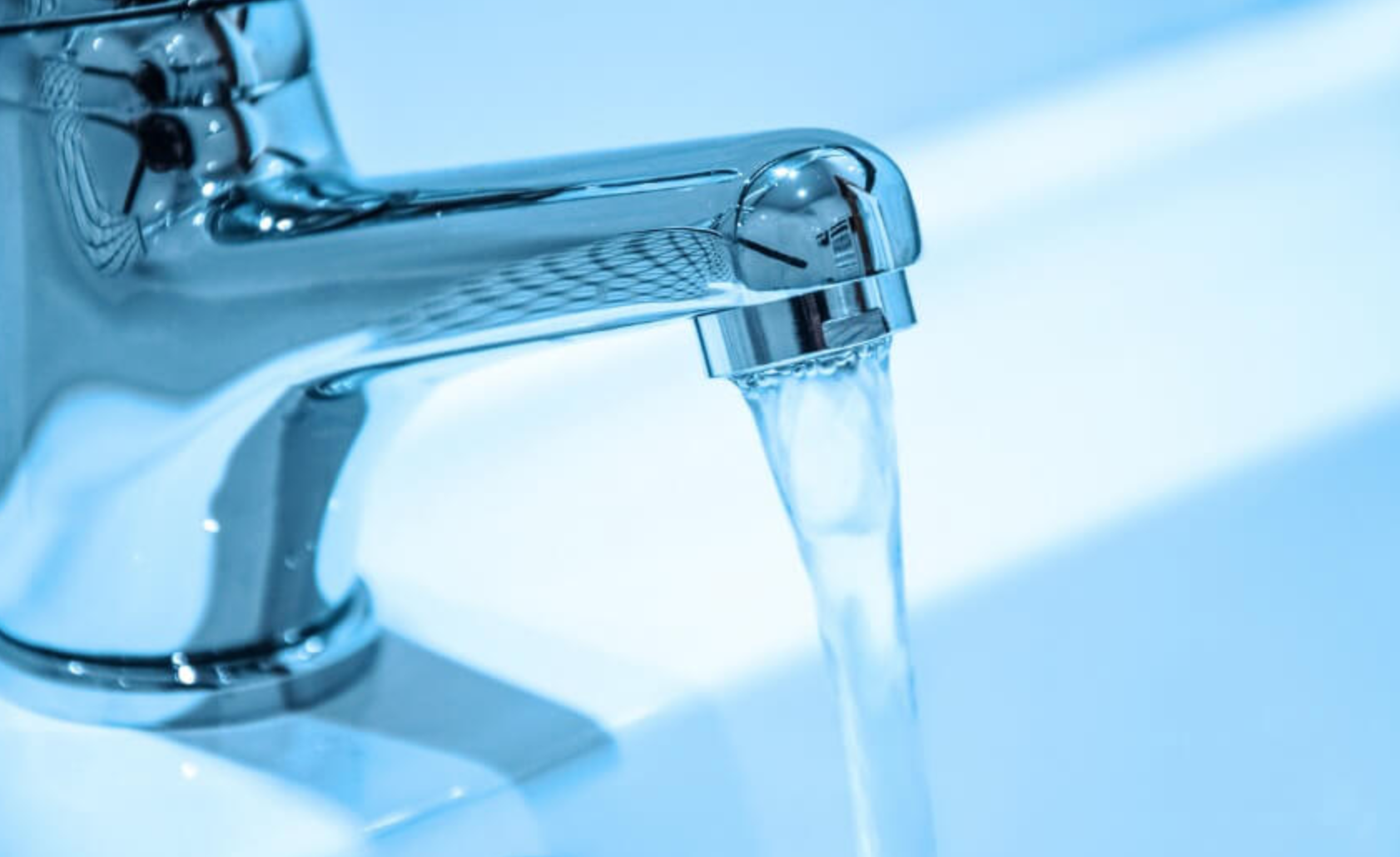
7. Support Local Farming
Eating locally grown foods keeps our local farmers in business and lessens the carbon footprint of shipping foods across the country or even between continents. At farmers’ markets, there is a wider variety of healthy and delicious food and you get to know where your food comes from. Farmers’ markets are also usually more affordable and will help rebuild local food economies. Many farmers are also implementing more sustainable growing practices by going organic and reducing pesticide and chemical use. There are many farmers’ markets in our area such as Bethesda Central Farm Market, Bethesda Women’s Market, and Norman’s Farm Market. Every once in a while, take a weekend trip to a market and see what you can find!
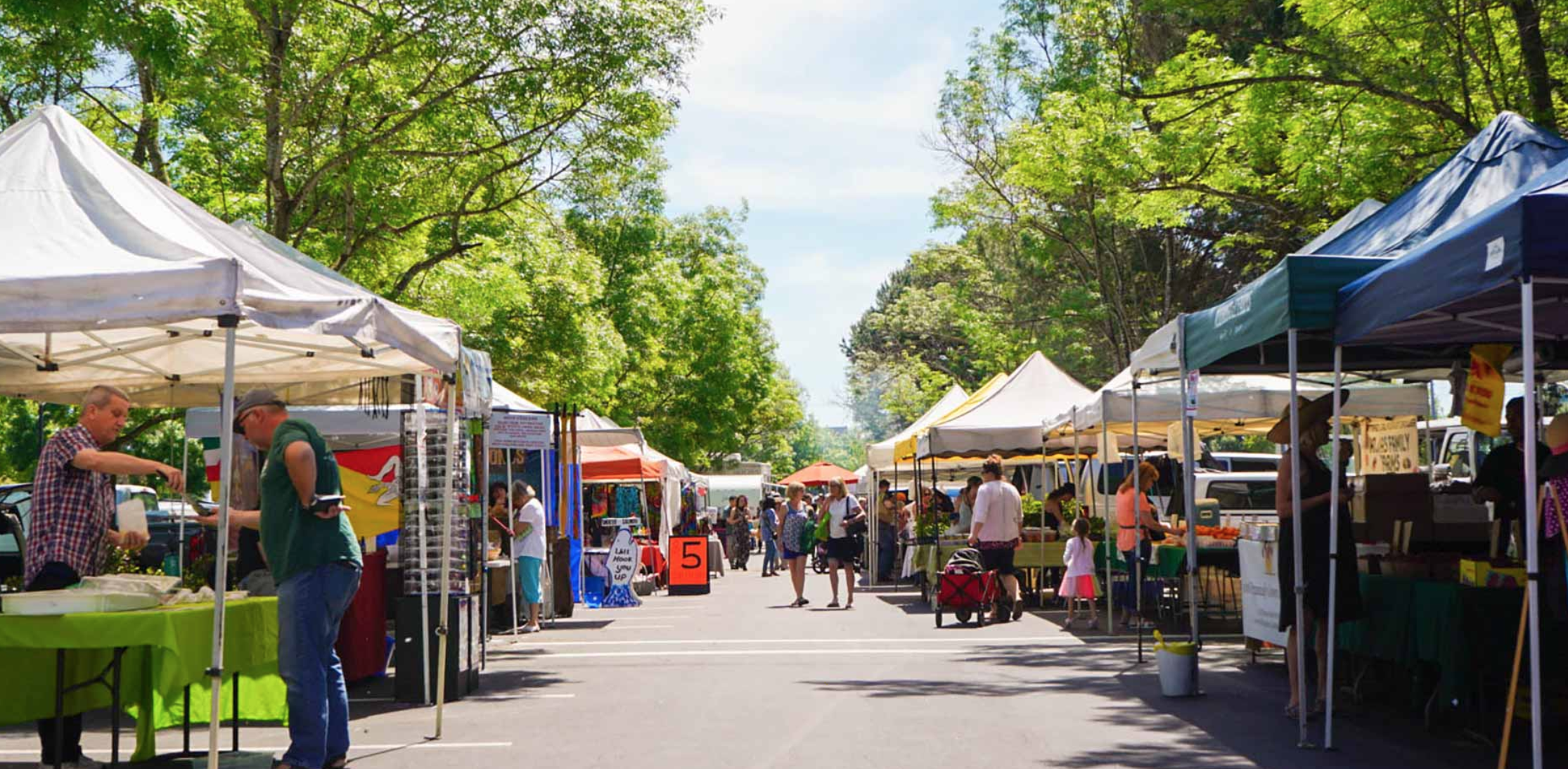
8. Compost
By composting our food scraps, we reduce the amount of food scraps that go into our landfills. According to the U.S. Department of Agriculture, food waste is estimated between 30-40 percent of the food supply which is shared between the retail and consumer levels. This amount of waste has many impacts on food security and climate change. Some harmful effects of food waste include:
- It is the single largest component going into landfills and it quickly generates methane, making landfills the third largest methane source in the U.S.
- The energy, land, water, labor, and time spent producing, processing, transporting, preparing, and storing the food could’ve been spent else where or in other ways that might be more beneficial to society.
Composting can help to minimize the drastic effects of food waste. It benefits the environment by recycling organic resources while conserving landfill space. It also enriches soil, helps to maintain moisture, and suppress plant diseases and pests. There are many local websites and resources on how we can easily compost. One popular compost service in the DMV area is Compost Crew. They will provide food scrap collection services for homes, neighborhoods, and businesses to turn your trash into valuable compost that helps the environment.

9. Adopt a Plant-Based Diet
Animal agriculture produces huge amounts of greenhouse gas emissions, consumes massive volumes of water, and causes a lot of pollution. A UN Food and Agriculture Association study found that livestock farming contributes about 15% of global greenhouse gas emissions.
That doesn’t mean that everyone has to become vegan or vegetarian – even a small shift in diets, with a reduction in meat and dairy products, and adding more plant-based foods instead, could reduce the pressure that agriculture places on the environment and would benefit the climate substantially. Eating more vegetables and fruits is also healthier. In the Bethesda Area, there are many restaurants that serve local, healthy, delicious, and plant-based meals that will fulfill your needs and have you licking your lips afterward.
- True Food
- Little Beet Table
- Barrel and Crow
- Flower Child
- Chopt
- MOM’s Organic Market
- Founding Farmers
- Dawson’s Market
- Beefsteak
- Silver Diner
- Sweetgreen
- Busboys and Poets
- Chef Tony’s
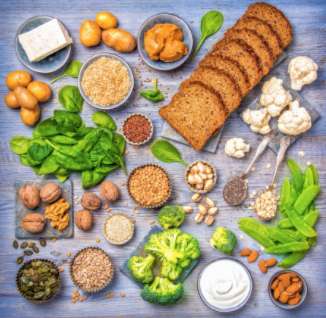
10. Use Public Transportation
Evaluate and reimagine our transportation habits. Driving cars in long commutes and sitting in traffic is not only time-consuming but harms our environment. Transportation accounts for roughly 28% of global greenhouse emissions and that percentage is getting even larger every year. We can each rethink our approach to transportation. We can bike, walk, or take public transportation to work, school, or while running errands. Maybe even consider joining a carpool or vanpool. The Bethesda area has a great metro system and we should all support public transportation when possible. Montgomery County also has an extensive network of ride-on buses and metro buses that are free to students. Since it isn’t completely realistic to never drive in a car again, when we do have to use or buy a car, consider buying an electric vehicle that is low in carbon emissions. However, in the long run, we should aim to reduce the number of cars on the road.
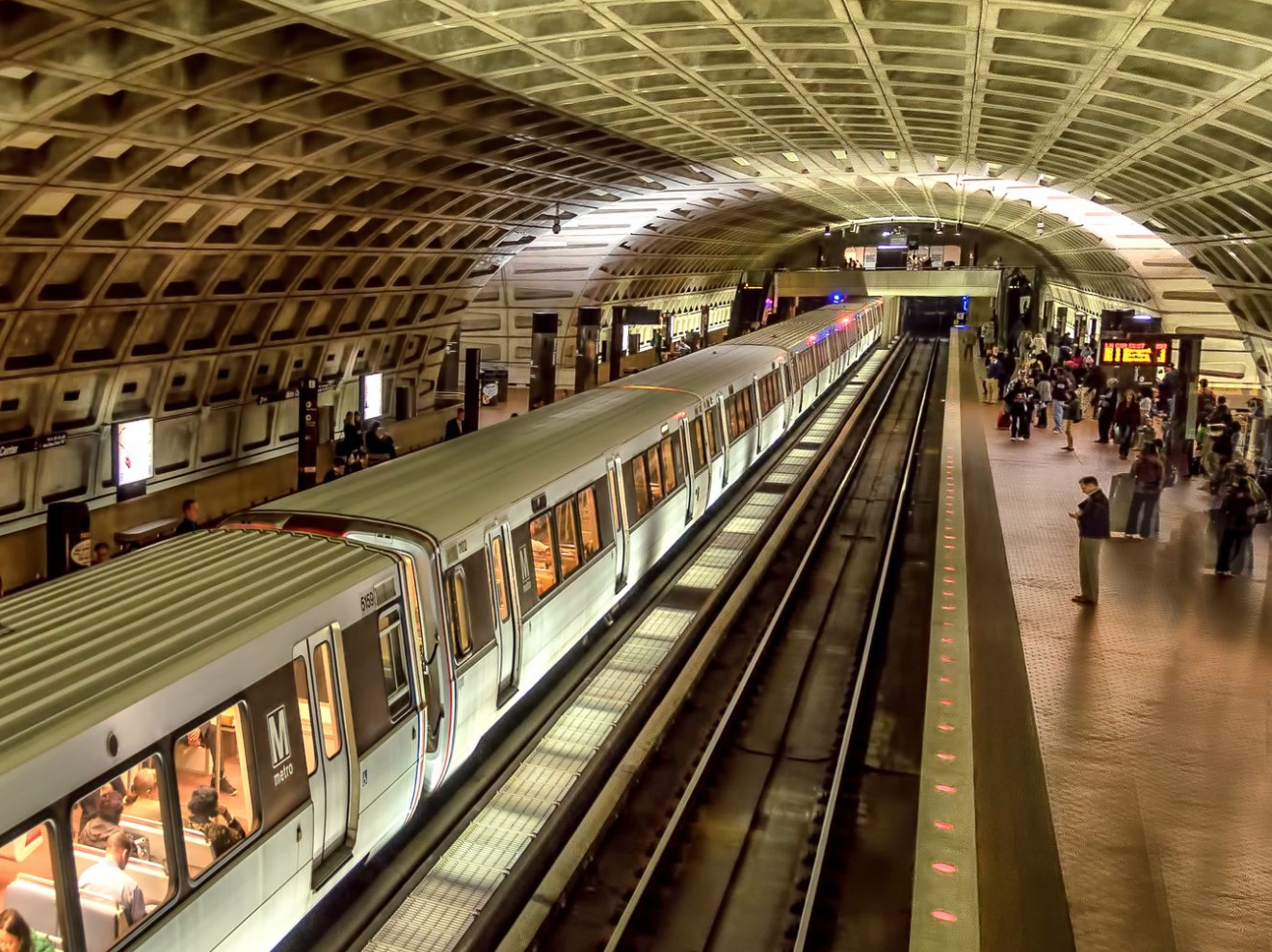
Sources:
Ten Personal Solutions to Global Warming.” Union of Concerned Scientists, 17 July 2008, www.ucsusa.org/resources/ten-personal-solutions-global-warming.
Suzuki, David. “Top 10 Things You Can Do about Climate Change.” David Suzuki Foundation, davidsuzuki.org/what-you-can-do/top-10-ways-can-stop-climate-change/.
Kellogg, Kathryn. “5 Ways to Reduce Your Carbon Footprint.” Going Zero Waste, Going Zero Waste, 23 Oct. 2018, www.goingzerowaste.com/blog/5-ways-to-reduce-your-carbon-footprint.
Badore, Margaret. “11 Easy Ways to Reduce Your Plastic Waste Today.” TreeHugger, Treehugger, 2 Sept. 2019, www.treehugger.com/green-home/11-easy-ways-reduce-your-plastic-waste-today.html.
“A Guide to Light Bulbs: How to Save Money, Environment.” The Christian Science Monitor, The Christian Science Monitor, 16 June 2014, www.csmonitor.com/Business/Saving-Money/2014/0616/A-guide-to-light-bulbs-How-to-save-money-environment.




